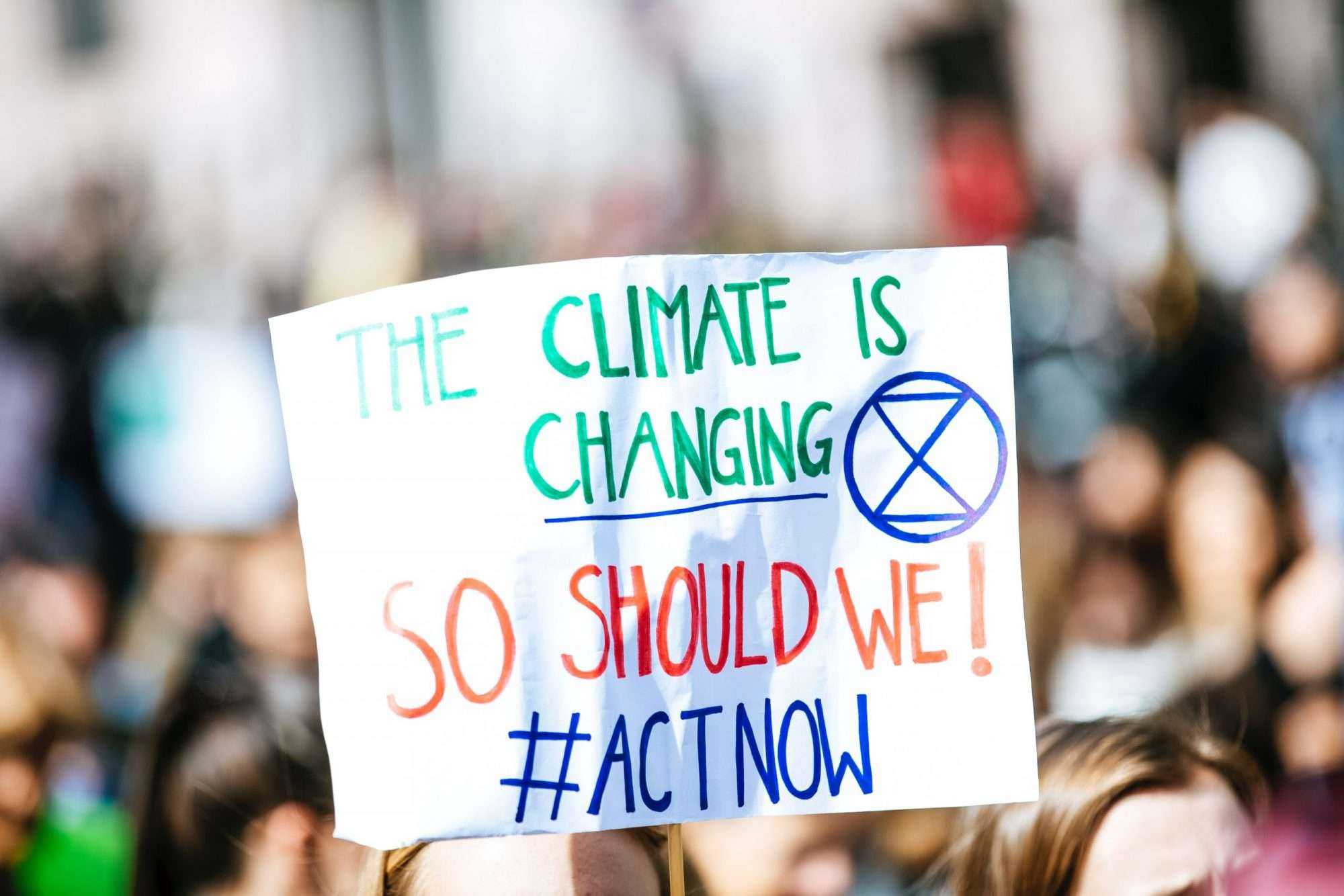on
BY SIMONE J. SMITH
“Since the city council’s ban on private cars in the city, lots of new mobility services have arrived. It is cheaper for you not to own your own car, which, in turn, reduces congestion so you arrive at your destination more easily and quickly and don’t have to spend time looking for somewhere to park.
For lunch you can choose from dozens of exciting meals – most of them are plant-based, so you eat more healthily and are more environmentally friendly than when lunch meant choosing between five types of burger.
People travel more in their region and by train, so air traffic has started to decline. Most airlines have switched to electrofuels, biofuels or electricity.” World Economic Forum, 2020
What I shared above is the vision that was proposed if we as a planet appropriately deal with climate change. They have made it sound so great, but I want you to think, what does this mean for us in the near future?
The elites have warned us that when it comes to global warming, it will require sustained action and investment to really protect human life on this earth. They have also been propagating the fact that the frequency and intensity of extreme weather and climate-related events have already increased considerably in recent decades (IFRC, 2020).
According to the Ecological Threat Radar (ETR) ecological threats and climate change pose serious challenges to global development and peacefulness. The adverse impacts will disproportionately affect the world’s poorest and most vulnerable and create spill over pressures on neighbouring countries through mass movements of people. Building resilience to ecological threats will increasingly become more important and will require substantial investment today.
The ETR goes on to share some points that heighten this sense of urgency:
- One hundred and forty-one countries are exposed to at least one ecological threat, with 19 countries facing four or more threat
- 4 billion people live in countries, which are exposed to medium to high ecological threats
- An estimated 1.2 billion people are at risk of displacement by 2050
- Water stress poses a large risk in the Middle East and North Africa, with 18 of the 20 countries experiencing high levels of water stress. The projections indicate the situation to worsen over the next two decades
- The majority of the countries in Europe and South America will face lower levels of ecological threats, because of low population growth
- The global population is projected to reach ten billion by 2050
- The global population is projected to grow by 35% by 2050 in the least peaceful countries compared to a 2% decline in the most peaceful
- By 2050, estimates indicate that the global demand for food will increase by 50%
- An estimated two billion people currently face moderate or severe food insecurity. By 2050, this figure is expected to increase to 3.5 billion people
- More than 2.6 billion people are living in the 46 countries currently experiencing high or extreme water stress. This means that they do not have enough water to meet their needs or that their water supply is at material risk of disruption
- The combined effects of rising temperatures, population growth and increased rainfall variability are likely to reduce the water supply in many countries
- Globally, the frequency of natural disasters has increased ten-fold since 1960, increasing from 39 incidents in 1960 to 396 in 2019
- Floods and storms accounted for 71% of the natural disasters between 1990 and 2019
In a virtual press conference, IFRC Secretary-General Jagan Chapagain stressed that “Unfortunately, there is no vaccine for climate change.”
So, what does that mean?
According to the World Economic Forum if we take the measures needed (climate lockdowns, less private car ownership, less meat), by 2030, our CO2 emissions will be greatly reduced? Meat on your dinner table will be a rare sight. Water and the air you breathe will be cleaner and nature will be in recovery. The money in your wallet will be spent on being with family and friends, not on buying goods. Saving the climate involves huge change, but it could make us much happier at the same time. Really?
“The concept of a climate lockdown doesn’t require legislation out of Congress. The idea is that this would all be done through the Environmental Protection Agency,” Chuck DeVore (Texas Public Policy Foundation) stated. “People have theorized it could be done through regulation, not legislation.”
They want to take lockdown compliance and then move that over to climate change compliance. They want climate change lockdowns. That’s what’s coming. Are you prepared?
Stay in the loop with exclusive news, stories, and insights—delivered straight to your inbox. No fluff, just real content that matters. Sign up today!
We, as humans are guaranteed certain things in life: stressors, taxes, bills and death are the first thoughts that pop to mind. It is not uncommon that many people find a hard time dealing with these daily life stressors, and at times will find themselves losing control over their lives. Simone Jennifer Smith’s great passion is using the gifts that have been given to her, to help educate her clients on how to live meaningful lives. The Hear to Help Team consists of powerfully motivated individuals, who like Simone, see that there is a need in this world; a need for real connection. As the founder and Director of Hear 2 Help, Simone leads a team that goes out into the community day to day, servicing families with their educational, legal and mental health needs.Her dedication shows in her Toronto Caribbean newspaper articles, and in her role as a host on the TCN TV Network.













